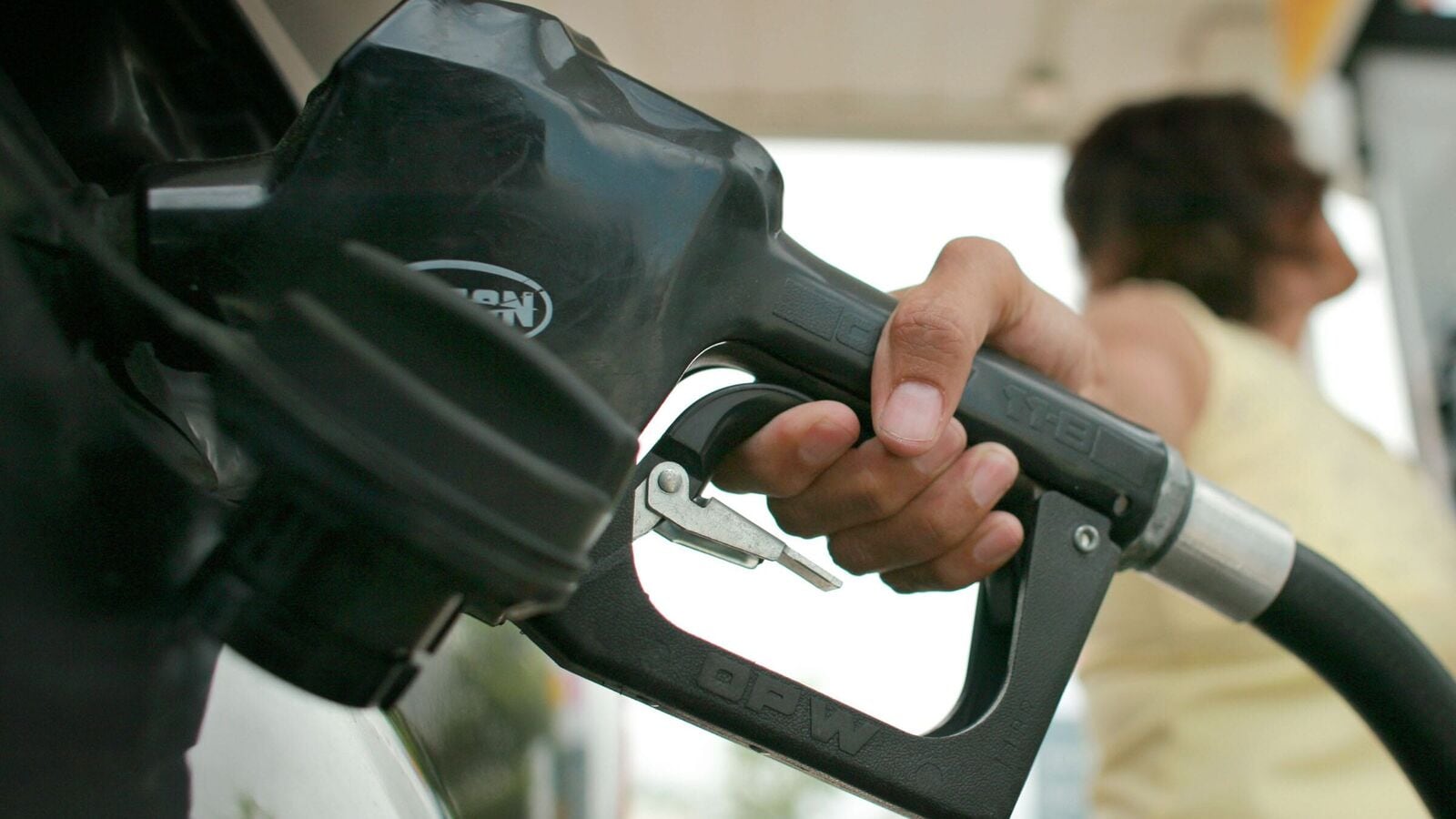A comment from ACKO Support on X has reignited debate over the potential risks of India’s 20 per cent ethanol-blended petrol, known as E20. Responding to a query online, the insurer said that engine failure caused by incorrect fuel usage would not be covered, terming it “gross negligence” under policy terms.
The post quickly gained traction, with social media users warning that owners of vehicles purchased before 2023 could face expensive repairs if their engines are damaged by E20 fuel.
India hits E20 target ahead of schedule
India achieved its E20 target last month, five years ahead of schedule, as part of a programme to cut crude oil imports and reduce emissions. Ethanol, derived from crops and organic waste, burns cleaner than conventional petrol. But motorists, mechanics and reviewers have voiced concerns that the higher blend could harm engines, particularly in older vehicles.
Auto experts flag engine damage risk
Automotive reviewer Amit Khare, who has a following of over 15 million across social media platforms, called ethanol “dry and corrosive” and said it can damage components in the fuel supply system. He accused both the government and fuel retailers of failing to inform consumers about possible drawbacks.
Drivers have flooded comment sections with complaints ranging from lower mileage to costly repairs, and have urged the government to allow the sale of different petrol blends, clearly labelled at pumps. Punjab-based car critic Sunderdeep Singh suggested colour-coding fuels to prevent confusion.
Government dismisses criticism
The Ministry of Petroleum and Natural Gas has rejected most of the criticism, calling it “without technical foundation”. While acknowledging a slight drop in fuel efficiency, up to two per cent in newer cars and as much as six per cent in older ones, the ministry said this could be mitigated through routine maintenance. Citing international research, it said long-term testing had shown no significant difference in performance or engine wear.
However, Khare claims his own two-month trial of an E20-compliant car saw mileage fall by five to six per cent. He believes the majority of vehicles sold before 2023 are not designed for the blend, though there is no official data on compatibility.
Major two-wheeler manufacturers Hero MotoCorp and TVS Motor have issued advisories stating that models built before 2023 need fuel system modifications to handle E20 efficiently. Shell India has also warned customers that using the fuel could risk engine damage or void warranties.
While the government credits its biofuel policy with saving over ₹1 trillion in oil imports and cutting 54 million tonnes of carbon dioxide emissions in the past decade, critics say the transition has trade-offs. Diverting crops like sugarcane, maize and rice to ethanol production may affect food availability for people and livestock, and shift farmland away from food cultivation.
“It’s unfair to push higher ethanol blends when our cars are not ready,” said Bangalore-based car owner Antony Mathew, echoing the…
Disclaimer
We strive to uphold the highest ethical standards in all of our reporting and coverage. We 5guruayurveda.com want to be transparent with our readers about any potential conflicts of interest that may arise in our work. It’s possible that some of the investors we feature may have connections to other businesses, including competitors or companies we write about. However, we want to assure our readers that this will not have any impact on the integrity or impartiality of our reporting. We are committed to delivering accurate, unbiased news and information to our audience, and we will continue to uphold our ethics and principles in all of our work. Thank you for your trust and support.
Website Upgradation is going on. For any glitch kindly connect at 5guruayurveda.com

